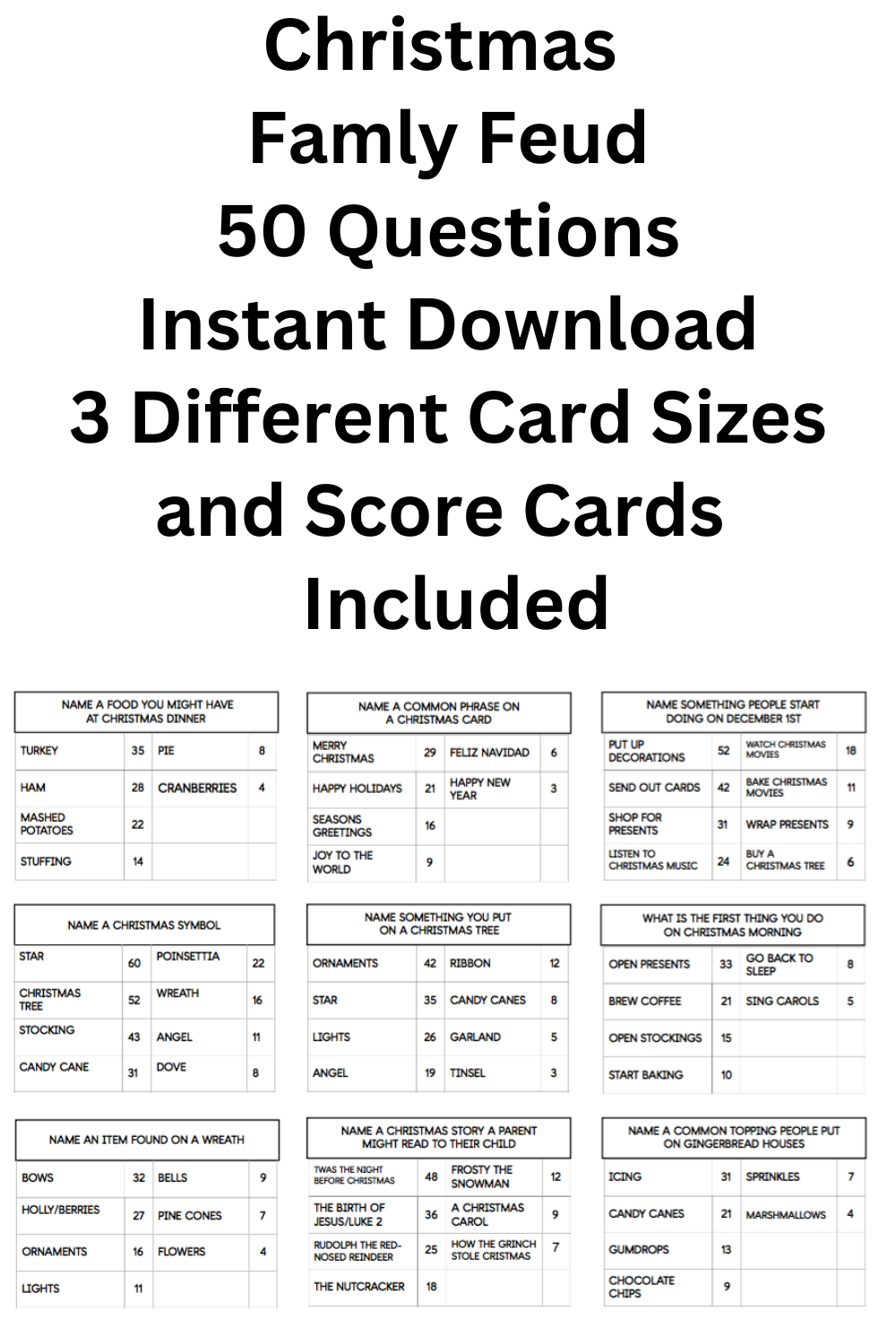Monthly and Weekend Events for Kids and Families:
Atlanta Boston Chicago Houston Los Angeles
New York City Philadelphia San Francisco Washington DC
HOME RECIPES DIY HOME KIDS CRAFTS
AMAZON DEALS WORK AT HOME JOB BOARD
How to Soothe a Colicky Baby
As parents, we know too well that late nights are quite common, but if your baby has colic, the nights will last even longer.
As a parent, you know that late nights are quite common, but if your baby has colic, the nights can last even longer.
If you’ve taken care of all of your baby’s basic needs and they’re still crying, they may have colic. Read my post “Baby Bedtime Routine” to see if they just need a routine to help them calm down before bed. If you have felt like you have tried everything to help soothe your baby, keep reading…
Symptoms of Baby Colic
Colic is an uncontrollable crying or screaming in babies. The general rule is 3-3-3
• Uncontrollable crying for 3 hours or more
• Can happen as often or more than 3 times a week
• Lasts about 3 weeks
—Uncontrollable crying that’s intense and is not their normal “I’m hungry, I want to be picked up, or I’m tired” cry
— Gassy and uncomfortable
—Physically tightening their body, arching their body back, and/or not wanting to be touched or moved
—There isn’t anything significant that is triggering their crying
—Usually crying at a specific time of day, usually in the evening
Why does my baby have colic?
Colic is still a mystery. Doctors don’t know exactly what the main reason why babies develop colic. There can be many factors that are related to the reason why your baby may have colic. Some say that it’s because of overstimulation, digestive issues or allergies. However, there are a couple of things that have helped parents get through the colic phase. Here are 14 methods to calm a colicky baby.
1. Quiet and Relaxation
Your baby may be overstimulated throughout the day or when they are wanting to sleep. So, before the time they usually start crying, try to provide your baby with a relaxing and soothing atmosphere. A white noise machine, soft humming, quiet, a dimly lit room may help relax your baby. They may also just want to be left alone and not touched.
2. Football hold
By holding your baby tummy down along with your forearm, it will sometimes help relax and soothe a fussy baby.
3. Give Your Baby a Warm Bath
Give your baby a calming bath to help relax them. By using a calming wash while bathing and a calming lotion afterwards.
4. Exercise your Baby
Switch their legs back and forth by making bicycle style movements with their legs.
Slowly and gently bring both of your baby’s legs in and out from their chest.
5. Shush Your Baby
Yes, I said shush them. Holding your baby close and rocking them back and forth while whispering in their ear “shhh” will help to calm them down! It’s been known to work for decades!
6. Gripe Water for Colic
If you’re not sure if it’s your baby’s diet or not, but you need to help your baby ASAP, then give them some gripe water. It helps to soothe your baby’s belly and help them sleep.
7. Burp Your Baby
Even with long nights, don’t forget to burp your baby after each feeding. Not burping them can leave them in pain from the air trapped inside, giving them cramps and feeling uncomfortable.
8. Massage Your Baby
By massaging your baby’s tummy, you can help relieve some of their discomfort. You can do this by using your warm hand to massage your baby’s tummy in a clockwise motion.
9. Make Your Baby Feel Secure
Give your baby the comfort they need by being snuggled close to you or swaddled. By doing this, you can greatly reduce crying in most newborns and colicky babies.
Baby wearing—I suggest using a sling or cloth wrap. Both are the safest for newborns and comfortable for both baby and mom.
Swaddle—Swaddling early, when they are newborn, helps them feel the security that’s similar to when they were in the womb and it also helps them sleep better. I prefer using swaddle wraps for newborns because it’s fast and easier to do than swaddle blankets.
10. Give Your Baby Probiotics
Did you know that probiotics are not just for adults? They are great for helping your immune system, improve gut health and decreasing the crying time of your colicky baby. You can give your baby probiotics by adding a few drops like Colic Probiotics Drops in your baby’s formula or applying the drops on your nipple if you are breastfeeding.
11. Change Your Diet
If you’re nursing, then changing what you are eating may help. Try to observe if certain foods cause more flare-ups than others. Make sure to eat as much whole and unprocessed foods as you can. There are also some colic causing foods that you may want to avoid:
Uncooked vegetables of the Brassica family, such as broccoli, cauliflower, brussel sprouts, and cabbage
Spicy foods, such as onions and peppers
Allergenic foods such as dairy, soy, wheat, nuts and corn.
12. Formula
If you are exclusively formula feeding or only supplementing, it may help your baby if you change formula to one that is specifically designed to help colicky babies. Some formulas have probiotics already in them to help reduce their crying.
13. Use a Different Bottle
You may find that switching your baby’s bottle to an anti-colic bottle beneficial. Anti-colic bottles are designed to reduce any air pockets when your baby is feeding.
14. Visit your Pediatrician
Never be afraid to call your pediatrician to get some advice or make an appointment. If there are any other symptoms that may have another answer to what is going on such as reflux or tongue tie, you will be able to get answers. Reassurance from your doctor can give the the peace of mind that you may need.
Do you have a colicky baby? What tips do you have to help your baby?
Disclaimer: We are not medical professionals and information shared on this blog should not be taken as medical advice. Always consult with your medical provider concerning any issues you have regarding you or your baby.
LEAVE A REPLY
Your email address will not be published.

